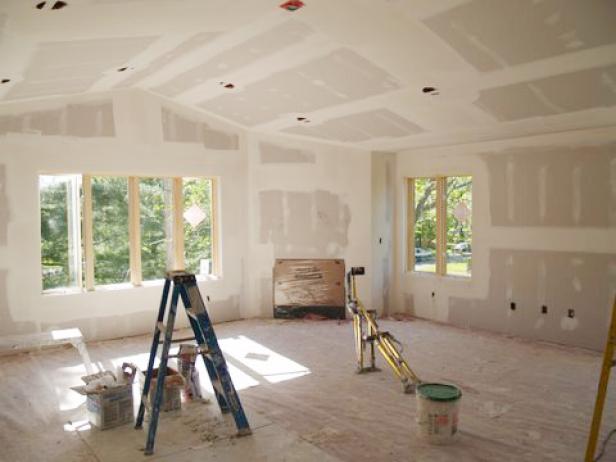How to Survive a Home Addition

Picasa
You're expecting hassles. You're expecting dust. And you're expecting delays. And you're almost sure to face them all, along with a few other inconveniences, during your addition project. But you can minimize your headaches by knowing what could happen and what to do about them.
Lawn and Landscaping Damage
There's no way to avoid major destruction of turf and plantings when you're digging in a new foundation and moving everything from materials to trucks to workers over the lawn. But you can ask the contractor to fix the damage before he goes. Ask him to transplant any favorite plantings before the project starts and to add new foundation plantings, topsoil and grass seed when the project is done, says Eden Prairie, Minn., design-build contractor Mark Mackmiller. "This won't be free," he says. "It may add thousands to the job, but it's work that needs to get done."
Dust All Over the House
Every construction project produces a lot of dust—particularly during demolition, carpentry and drywall work. But you can limit the mess that gets into the part of the house you're living in by asking him to: 1) Build as much of the addition as possible before knocking down the existing exterior walls, 2) seal off the portion of the house that's under construction (including anything being remodeled) using plywood, plastic and tape over all interior doorways, and 3) bring a portapotty on site for the duration, so that the crew doesn't need to come into the non-construction part of the house.
Infrastructure for Modern Technology
From HDMI cables for your television to Ethernet cables for your computer to hardwired smoke detectors and burglar alarms, the time to install the wiring for technology is when the walls are open in the middle of a construction project. But few contractors—or their electricians—are experts in any of these systems, says Woodcliff Lake, N.J. design-build contractor Rob Wennersten. So your contractor will likely ask you to bring in your own experts, from the local audiovisual shop, for example, or your alarm company, to do that specialty wiring. Tell him you'll do that, but you'll need his help determining when to schedule them. Ask him for a firm two or three weeks notice before the project will be ready for that wiring so you can get them on site without any project delays.
Mushrooming Project Costs
Almost every big project evolves as it moves along—and nearly every change will add costs. So, plan a 10 to 15 percent contingency in your budget to accommodate changes. Also, ask your contractor to give you written change orders, which means a description of the work and a fixed price that you need to sign off on before any new work is done. That eliminates surprises later and helps you keep track of your total costs, says New York City architect Dennis Wedlick. After all, there are two causes of pricy changes: Unforeseens are surprises that your contractor finds during demolition (such as termite damage or burnt out wiring) that need to be fixed but weren't included in his original bid. While-You're-At-Its are upgrades homeowners make to their plans midstream—which are completely discretionary.
Project Delays
It'd be nice if you could simply write a costly penalty for project delays into the contract. But no builder would sign it—and for good reason. After all, some of the most common causes for slowdowns are out of the contractor's control: bad weather and time-consuming changes made by the homeowner. Still, you can help to keep things moving along by asking him to write into the contract approximate start and completion dates. It's not that you're going to lord this over him if the project runs a little long, but it ensures that everyone is clear about the other side's expectations—and in the unlikely event that you do wind up with a bad contractor, who takes an unreasonably long time to finish the job, it can give you ammunition in court.











































